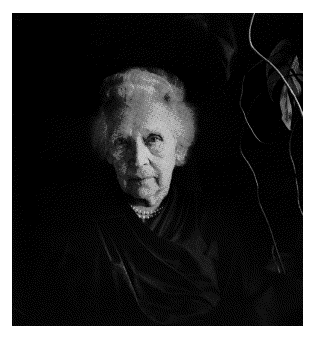A Killing
On Stocks

There were a couple of windfalls built into the portfolio: Dad did legal work for Paul Reinhold, founder of Foremost, and got paid in stock, so we ended up with Foremost Dairies (later Foremost-McKesson) at zilch. And there was an investment in a local garbage company, $10,000 as a favor to a friend, that turned into several thousand shares of Waste Management, Inc.
I suspect she would have dumped it when it got to fifty. She, like Warren Buffett, knew there were times when buy-now-
By the end of her days, her one investment group had turned into thirty-five clubs, each with a couple of dozen members. Although most of her meetings were held at home, she was forever traveling to hell and gone, as she would phrase it, over north Florida and South Georgia to keep the ladies of Gainesville or Savannah or Tampa or Brunswick on the straight and narrow. Buy and hold. Her clubs were for women only, she said, "So that they won't be in the same place I was when your Father died." Women in those days weren't expected to be smart with money, much less investors, but she didn't believe that a bit. She wanted to change the system, to be damned sure that when their time came to take charge of their own money her "ladies" --- she always called them that --- wouldn't be flying blind. At least, she said, they would know the difference between a tax-bill and a dividend check, between corporate income and corporate earnings, between the p/e ratio and annual return on invested dollar. The thesis was simple. The investment club members --- with such exotic names as "The Gold Diggers," "The Hustlers," and "The Millionaires" --- would ante up twenty-five dollars a month. And each month, they would study an industry: February it would be utilities; March, drugs; April, banks; May, entertainment. Each of the members would dig through S&P and the business dailies and weeklies for information to bring to class. Each would give a report, and afterwards, they would vote on which stock to buy. In their time, some of the clubs hit the jackpot. Which my mother always discounted. "We're in it for the long run," she would sniff.